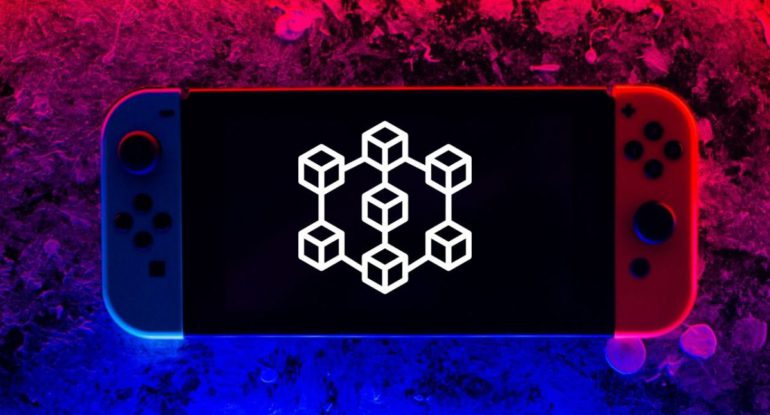The blockchain platform is being used to manage judicial bonds and deposits

Complex business processes with hundreds of external partners, thousands of discrete events to record and manage, and millions of dollars in funding are ideal candidates for blockchain platform-based digital transformation. One such method is managing a portfolio of judicial bonds and deposits, often known as judicial guarantees.
Suing is an unavoidable part of running a business of any size. It’s an unavoidable part of doing business in any field. Companies being sued in various nations, jurisdictions, and court systems must post a judicial guarantee in the form of an insurance-based surety bond or, in some situations, a cash deposit. The more legal actions that are launched against a corporation, the more complicated the judicial guarantee process gets.
While there are many different forms of judicial bonds, the goal is usually to protect the plaintiff in a lawsuit against the defendant’s default, whether it’s a civil, tax, or labor dispute or to cover court costs. Tracking litigation status to determine when deposits are recoverable or bonds can be retired is a management challenge for large companies, as is coordinating multiple internal departments and systems, communicating with multiple law firms, and obtaining bonds from multiple insurance companies.
A timeline and history of blockchain technology
The advantages of a blockchain-based approach for handling judicial bonds and deposits have been demonstrated.
Standardizing and digitizing the entire process, as well as adopting a blockchain-based system to manage all forms of court guarantees and connect all of the involved departments and partners, can:
- Replace cumbersome processes and spreadsheets with a fully computerized and integrated tracking of legal actions and outstanding judicial guarantees.
- Once the cases are resolved, get your judicial deposits back as soon as possible.
- Many procedures involved in requesting bonds or securing deposits can be automated to increase efficiency.
- Encryption and tamper-evident distributed ledger technology can improve security.
- With a transparent procedure that any permission participant can audit, you can avoid conflicts and streamline interactions.
- Hundreds of legal actions and supply chain actors, such as law firms, banks, and insurance organizations, will be included.
How does the blockchain function for managing and controlling judicial guarantee bonds and deposits?
Blockchain Platform that allows a business to manage, negotiate for, and govern judicial guarantees given by its network of law firms, banks, and insurance companies. Typically, a company will collaborate with Blockchain Services to customize this solution to its specific procedures and needs.
Users can access the solution through a web interface, and digital workflows can be used to automate and govern corporate activities. Blockchain technology provides encryption and immutable data storage to manage and control bonds and cash guarantees. Permissioned participants all have access to the same data on the blockchain.
The management of a mining firm has been streamlined, and judicial deposits have been recovered.
Vale S.A., a Brazilian mining company, managed USD $3 billion in recoverable court deposits, bonds, and insurance guarantees using numerous non-integrated programs and spreadsheets. Multiple internal litigation and finance departments, lawsuits managed by more than 150 legal firms, and guarantees held by major banks and insurance companies were all part of the complicated process. Due to the complexity and lack of integration, funds due to the company were not recovered until after a favorable resolution of court processes.
Also, read – Blockchain Plastics Tracking Gathers Steam
A security-rich network developed on the blockchain platform that connects different internal systems as well as its ecosystem of suppliers is the solution for managing and retrieving judicial guarantees. In a single distributed ledger database, smart contracts are used to request, issue, and track guarantees, as well as track the status of connected lawsuits. In addition, the system employs natural language understanding to examine legal revisions to discover recoverable guarantees. Vale was able to recover USD $35 million in unpaid court deposits thanks to the scalable blockchain technology, which was developed in just nine months.
Building on our experience and assets, we’re transforming judicial guarantee management.
The judicial guarantee management system is scalable and reproducible. We can swiftly re-create the solution for additional organizations and their partners because we have already constructed it for existing clients. Rules for insurance-based bond terms and conditions, natural language understanding dictionaries, codified workflows, user interface templates, and APIs for interfacing with partner systems can all be tailored to your specific business ties and participants.
Organizations can get from concept to functioning pilot in as little as three months by leveraging an existing customizable solution and Blockchain Services expertise. After you’ve applied what you’ve learned from the pilot, you can start scaling up by adding new people to the network.
The Blockchain Platform, which is the commercial distribution of The Linux Foundation’s open-source Hyperledger Fabric, underpins the solution. The Blockchain Platform is cloud-agnostic, meaning it may run on-premises or in any cloud. Each participant in the blockchain network can store their data on their own IT infrastructure or with a third-party cloud provider. Because the platform complies with GDPR, it is able to facilitate international business connections. Blockchain Services can assist your company with replicating a blockchain-based digital judicial guarantees solution.




























































